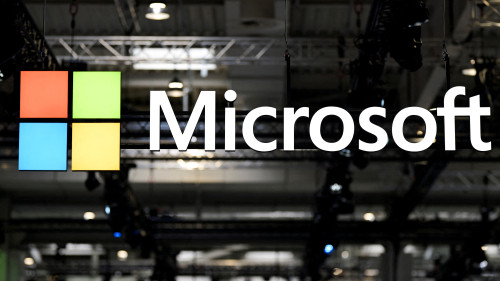WASHINGTON (Reuters) -Republican U.S. Representative Brian Steil was confronted by an angry audience during a “listening session” he hosted in Wisconsin as he responded to questions about President Donald Trump’s trade tariffs and other hot-button issues.
Steil, 44, was asked by an attendee about the Republican president’s latest round of tariffs on countries ranging from India to Brazil, Canada and Switzerland that have rocked global financial markets and led to Democrats charging that they damage the U.S. economy.
“I really feel that this is a terrible tax that’s going to be placed on the citizens of the United States,” said one unidentified audience member.
Some in the high school auditorium in Elkhorn, Wisconsin erupted into boos when Steil responded: “This really at its core needs to be an opportunity to make sure that other countries are treating the United States fairly.”
Reuters viewed video showing portions of Steil’s session in his hometown district and could not determine the political affiliations of the questioners.
Like all members of the House of Representatives, Steil will face voters next year as Democrats seek to reverse Republicans’ 219-212 majority in the chamber. Incumbent presidents’ parties typically lose seats during midterm elections.
Steil won re-election in 2024 by a comfortable margin of 54.1%-43.9% against a Democratic challenger. His district is in southeastern Wisconsin with Kenosha on its eastern edge, about 65 miles (105 km) north of Chicago.
It has faced economic problems in past years following job losses including at automotive-related plants.
Trump narrowly won Wisconsin in 2024, 49.6% to 48.74%.
Steil faced other challenging questions, ranging from his stance on severe food shortages in Gaza as a result of Israel’s military operations there to Trump’s aggressive deportations of immigrants.
He defended White House policies on both fronts, although Trump earlier this week has pivoted to acknowledging starvation in Gaza.
The House is currently on a summer break that extends into early September. During that time, Republican lawmakers are expected to tout the tax-cut legislation they and Trump signed into law on July 4, while Democrats attack cuts to federal healthcare and other social safety net programs embedded in it.
(Reporting by Richard Cowan; Editing by Scott Malone and Alistair Bell)

